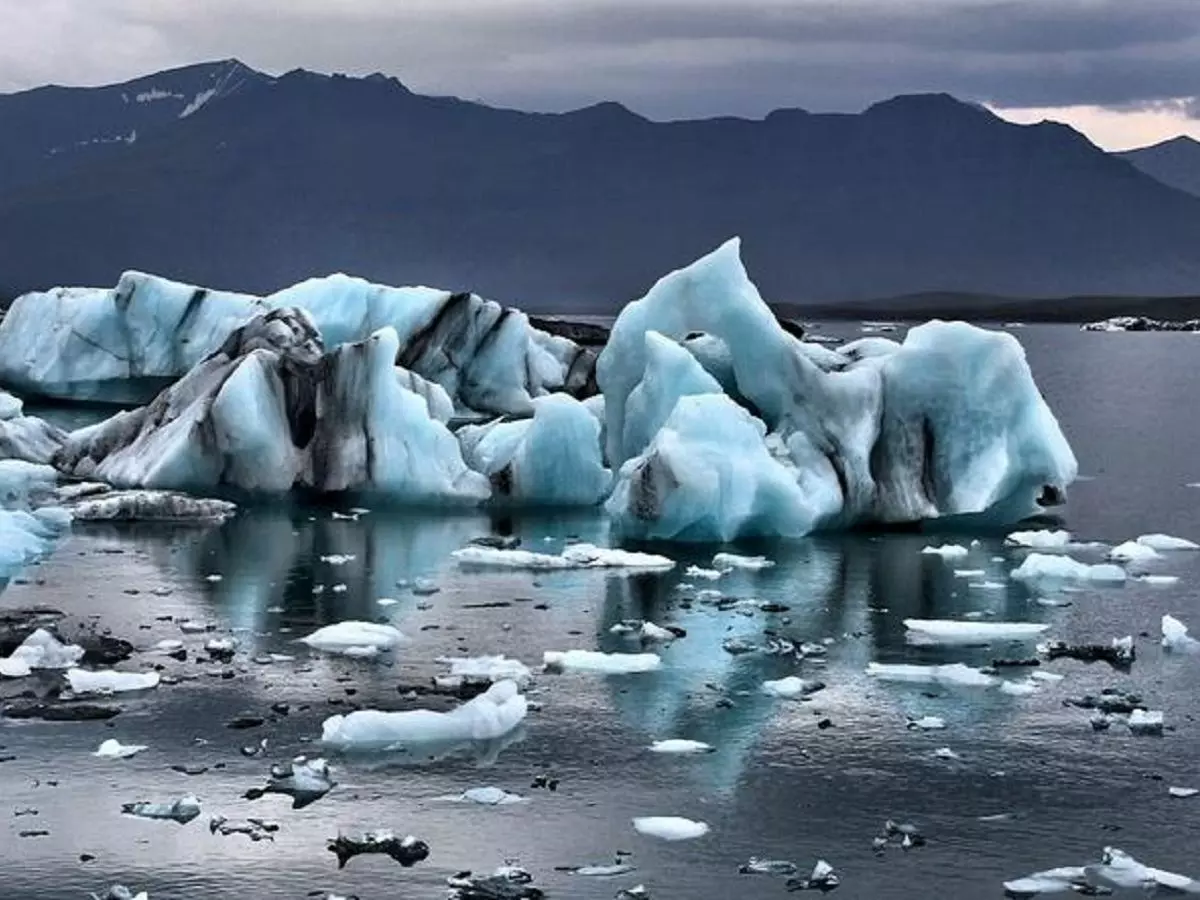This Is Bad! Our Glaciers Are Melting Faster Than Ever, Losing 9 Trillion Ton Water Per Year
With climate change comes rising temperatures, and that means our polar ice caps melt and raise sea levels. That*s bad enough, but things just got worse. It seems that the glaciers are actually melting faster than we thought. Way, way too fast.

With climate change comes rising temperatures, and that means our polar ice caps melt and raise sea levels. That's bad enough, but things just got worse.
It seems that the glaciers are actually melting faster than we thought. Way, way too fast.

The researchers from the University of Zurich behind the study combined data from field observations of glaciers in the Arctic region, as well as others in Alaska, the Alps, and elsewhere. They discovered that glaciers around the world have lost more than 9 trillion tons of ice between 1961 and 2016. Because of that, water levels have also risen a scary 27 millimetres.
According to the study, the biggest contributors to the melt were glaciers in Alaska, followed by the Patagonia region in South America, and glaciers in the Arctic. Glaciers in the Alps, Caucasus, and New Zealand also lost proportionately large amounts of ice, but didn't end up contributing as much given their ice fields are much smaller.
Using the data from both field observations and satellites, the researchers were able to breakdown how the thickness of ice in these regions have changed over the years. "By combining these two measurement methods and having the new comprehensive dataset, we can estimate how much ice has been lost each year in all mountain regions since the 1960s," said Michael Zemp, who led the study. "The glaciological measurements made in the field provide the annual fluctuations, while the satellite data allows us to determine overall ice loss over several years or decades."
It seems the amount of glacier ice lost each annually has increased significantly in the last 30 years. As of 2018, that was 335 billion tons of ice melted in one year, meaning sea levels will rise at least 1mm per year.

Copernicus Sentinel data 2017
Scientists previously estimated that sea levels would rise 30cm by 2100. This new result could mean the changes we see in the next few decades will be worse than expected. And with rising sea levels comes the flooding of low-lying areas, as well as more dangerous hurricanes, tsunamis, and storms.
We need a solution that works guys, and we need it now.
